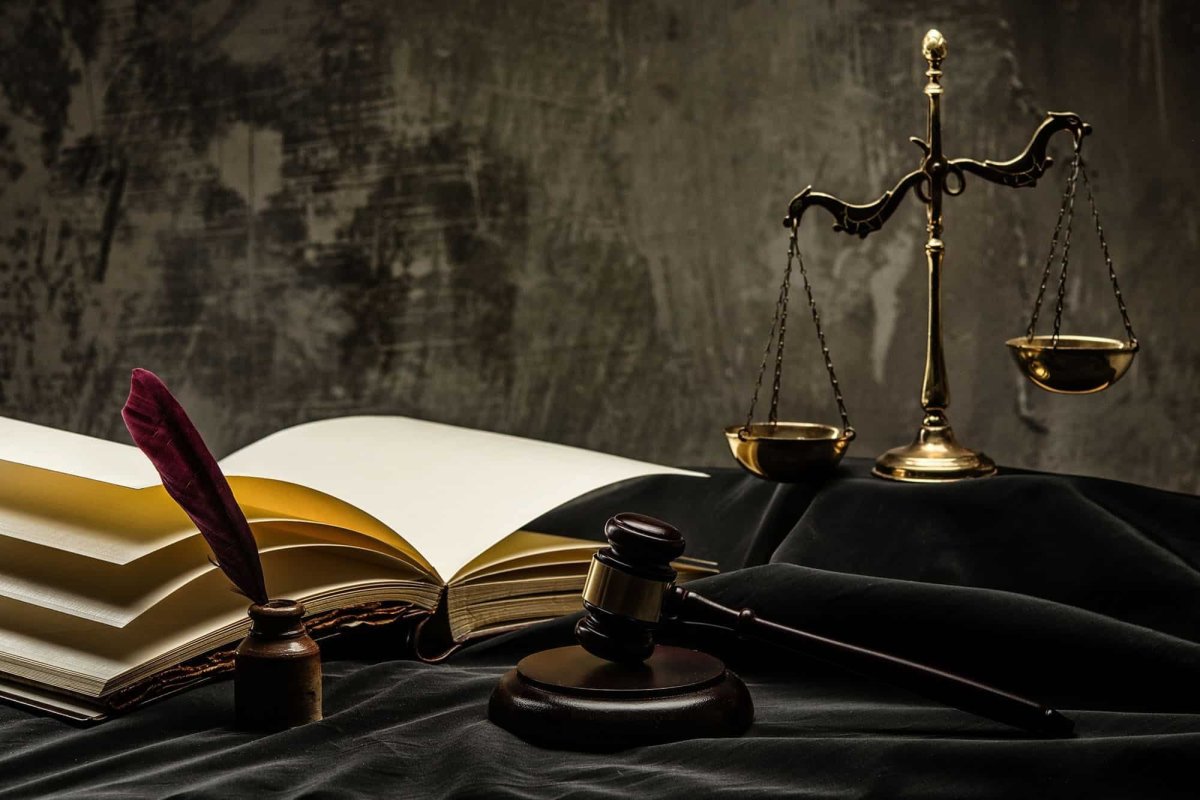Problems of Proof in Criminal Proceedings: Theoretical and Practical Aspects
Introduction
Evidence is a central element of the criminal process, on which the fairness of trials and the legality of sentencing depend. Despite the clearly defined legal framework, the process of proving a case raises a number of problems of both theoretical and practical nature. In this article, we will analyze the main problems of proof in criminal proceedings and possible ways to solve them.
Theoretical Problems of Proof
Definition and Classification of Evidence
- Conceptual uncertainty: The absence of a unified approach to the definition of evidence in the scientific literature may cause difficulties in law enforcement practice.
- Classification of evidence: Different approaches to categorizing evidence, such as direct and indirect, primary and secondary, can cause confusion and complicate its use.
Standards of proof
- Lack of clear criteria: Uncertainty about the standard of proof, such as "beyond a reasonable doubt" or "preponderance of evidence," can lead to subjectivity in judicial decision-making.
- Diversity of approaches: Differences in approaches to the evaluation of evidence between different legal systems make it difficult to harmonize the evidence process.
Practical Problems of Evidence
Collection and Preservation of Evidence
- Imperfect collection process: Insufficient investigative skills and technical limitations can lead to the loss or damage of important evidence.
- Problems of preservation: Insufficient provision of conditions for the preservation of material evidence can lead to its damage or loss.
Admissibility of evidence
- Violation of procedural rules: Evidence obtained in violation of procedural rules may be declared inadmissible, making it difficult to prove the accused's guilt.
- Use of impermissible methods: The use of unlawful methods, such as torture or coercion, to obtain evidence calls into question its legitimacy.
Evaluation of Evidence
- Subjectivity: Evaluation of evidence by the court may be subjective and depend on the judge's personal beliefs.
- Influence of external factors: Pressure from the public, the media, or other stakeholders may affect the objectivity of the evidence assessment.
You may be interested in the following articles: consultation of a lawyer, consultation of a lawyer, analysis of documents, legal analysis of the situation, written consultation, verification of documents by a lawyer, lawyers documents, assistance of a lawyer online, lawyer online, legal opinion, legal opinion of a lawyer, lawyer online.
Ways to Solve Problems
Improving the Legislation
- Clear definition of concepts: Introduce clear definitions and classifications of evidence in the law.
- Uniform standards of proof: Establishing uniform criteria and standards of proof to ensure the objectivity and fairness of court decisions.
Professional Development of Law Enforcement Officers
- Training programs: Conduct regular trainings and advanced training for investigators and prosecutors on the collection and evaluation of evidence.
- International exchange of experience: Involvement of international experts and participation in experience exchange programs with other countries.
Technical Support
- Modern technology: Use of modern technology to collect and preserve evidence, such as electronic databases and video surveillance systems.
- Upgrading equipment: Providing law enforcement agencies with modern equipment for conducting examinations and other investigative actions.

































